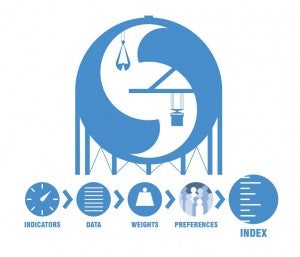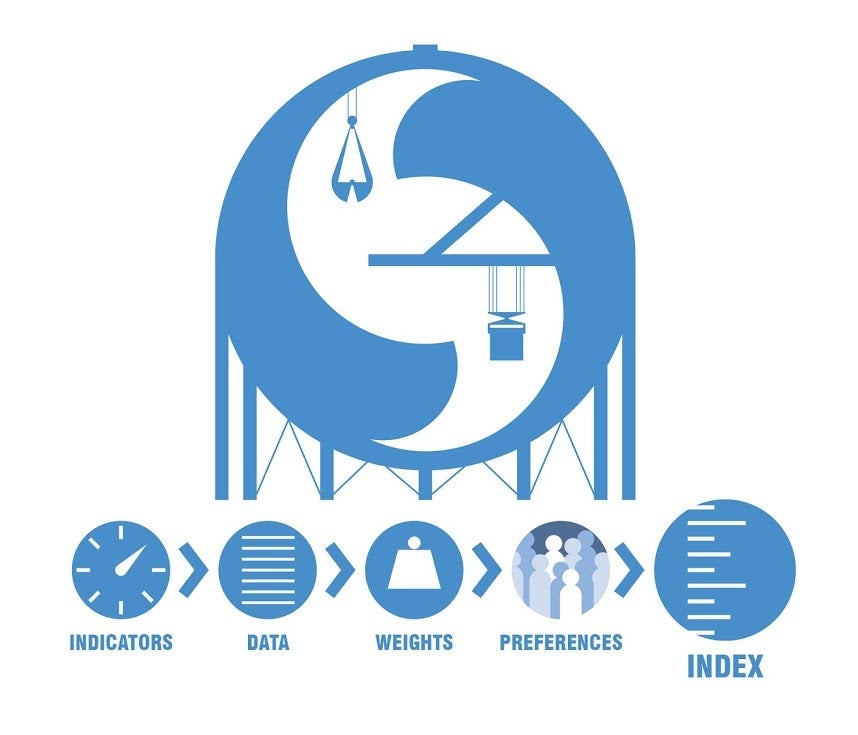Comparative Assessment of Seaport Vulnerabilities to Climate Change:
Pilot Study for North Atlantic Medium and High-Use Seaports
Dr. Austin Becker, Principle Investigator
Dr. Elizabeth Mclean, Research Associate
Duncan McIntosh, PhD Candidate
Bobby Witkop, Masters Student
The Third U.S. National Climate Assessment indicates that seaport infrastructure is already being damaged by sea level rise, heavy downpours, and extreme heat, and that these damages are expected to continue with continued climate change.
To facilitate far-sighted planning for a climate-resilient Marine Transportation System (MTS) the United States Army Corps of Engineers (USACE), in collaboration with University of Rhode Island researchers in the Department of Marine Affairs, are piloting a climate-vulnerability indexing method that is driven by data and informed by expert knowledge.
This research will contribute to a better understanding of the regional distribution of climate-vulnerability across North Atlantic ports in order to inform transportation resilience and climate-adaptation planning.
This pilot study will investigate the climate vulnerabilities of seaports by applying expert elicitation methods to develop indicators of climate vulnerability for the 22 medium and high-use ports of the USACE North Atlantic Division. In addition to refining a set of high-level indicators of seaport climate vulnerability, this research will employ expert elicitation methods to weight and aggregate selected indicators to determine the suitability of available data to differentiate ports within a region in terms of relative climate vulnerabilities.
Results will serve as an entry point to inform MTS decision-makers in the USACE and other agencies about the nature of seaport climate change vulnerability, its components and determinants, the mechanisms through which a port is vulnerable, and the suitability of available data to serve as high-level indicators of seaport climate vulnerability. Ultimately, this research will support climate resilient national and regional transportation policy.
contact: Dr. Austin Becker | p: 401-636-0430 | e: abecker@uri.edu
web: www.cmts.gov/ | cirp.usace.army.mil/ | web.uri.edu/abecker
Risk Indices

R. Duncan McIntosh (PhD 2017) and Prof. Becker are developing metrics to quantify and compare coastal infrastructure exposure on a regional, national, and international scale to inform public investments in coastal resilience. Seaports, globally and in the US, face a wide variety of risk from climate change. Some ports will see higher levels of sea level rise, others will face more intense tropical storms, while still others will need to adapt to lowering water levels. The vulnerability of the port is dictated by both its exposure to these types of hazards and its capacity to absorb shocks and maintain normal operations. The stakeholders who depend on the port‘s functionality, including the shippers, insurers, tenants, and ultimate consumers of the port‘s cargo on a local and global scale, all have a stake in the resilience of the port. Climate change will require that investments of time, money, and staff resources be made by many of these stakeholders in order to protect their mutual interest in a well-functioning port. This research direction contributes to a better understanding of the variety of risks posed to ports through the development of a framework and index that can lead to more efficient prioritization of resources toward port resilience.
For more on this project, click here to download a one page description

